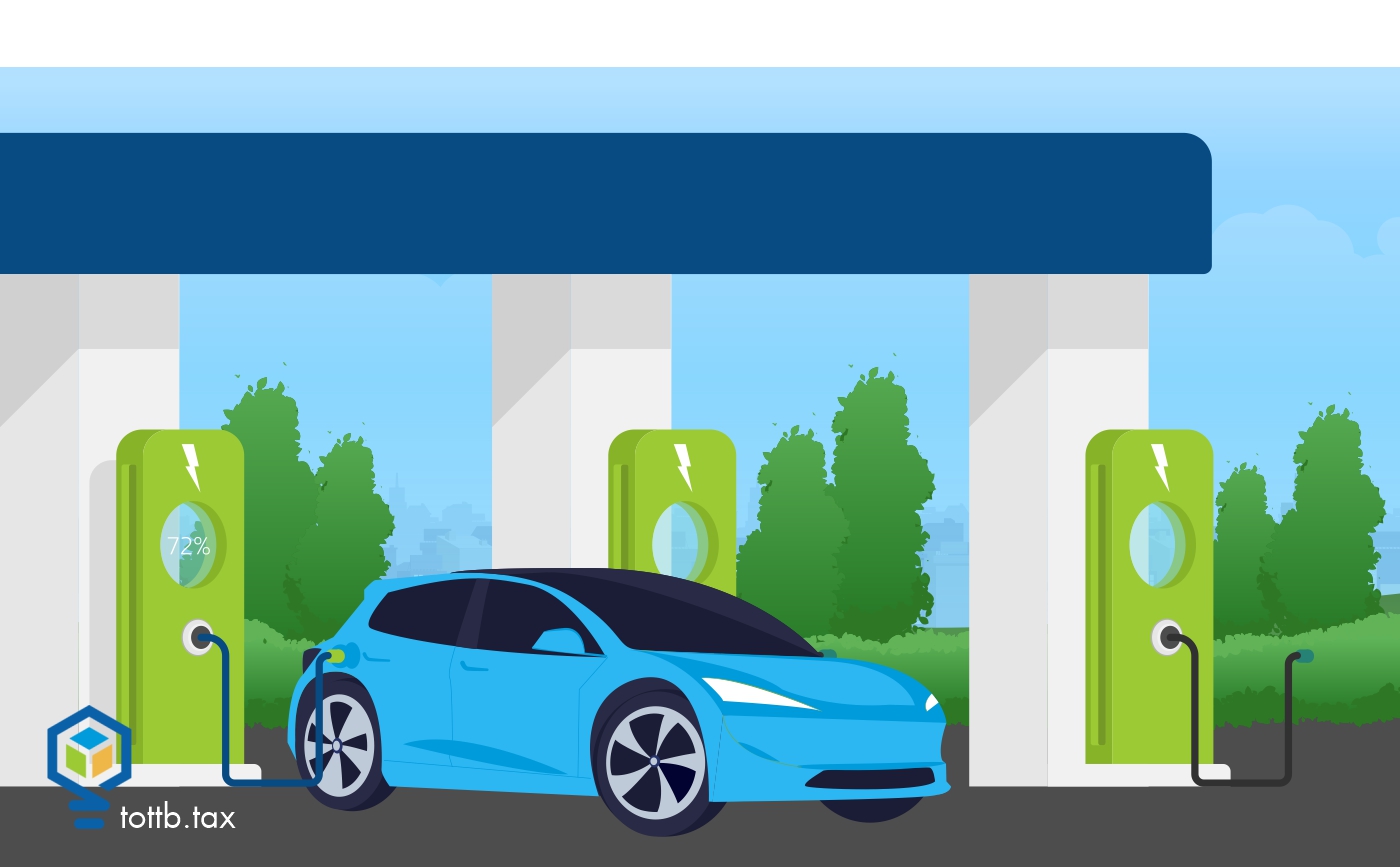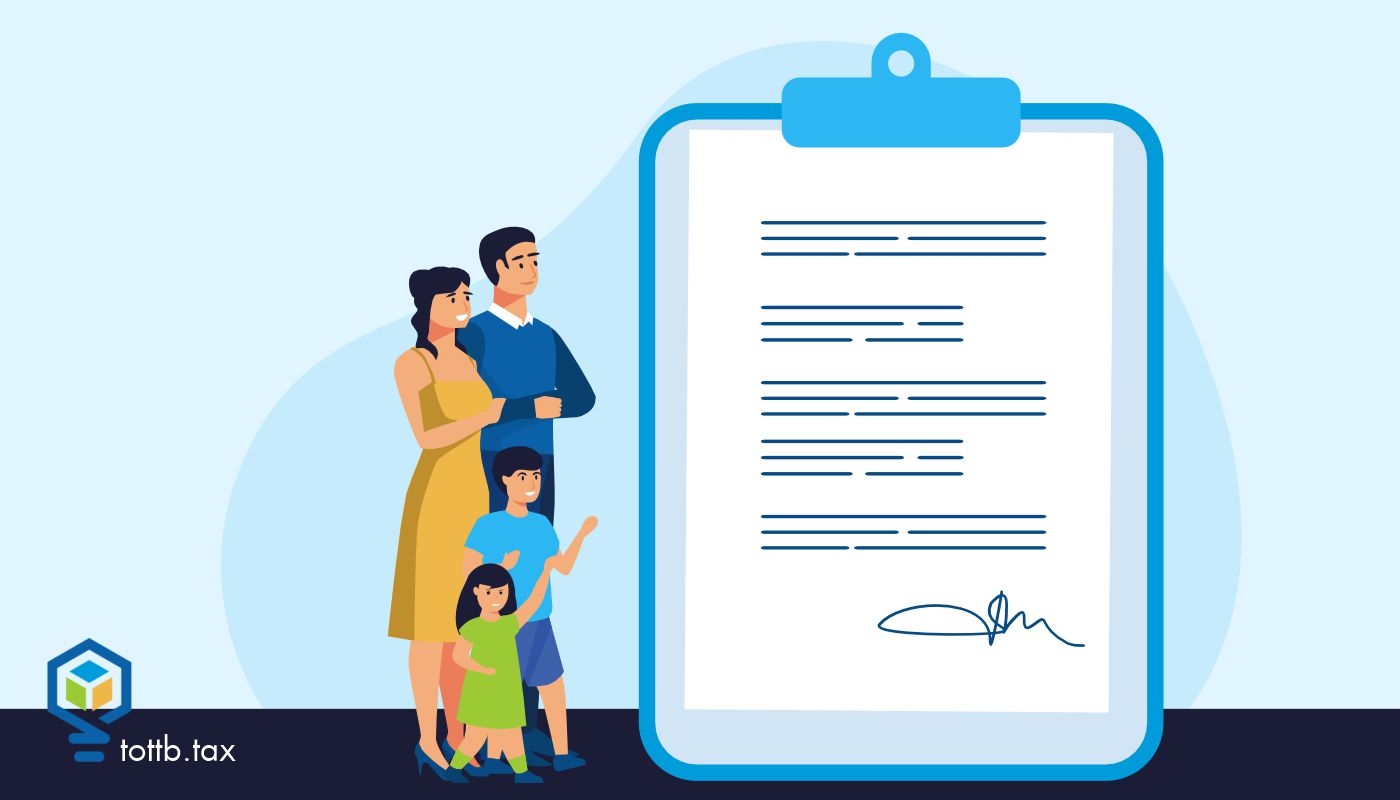Thanks to the Inflation Reduction Act of 2022, the federal government is giving out tens of billions of dollars in tax credits to incentivize taxpayers to purchase electric vehicles. As with any government program, claiming the benefits can be complicated. Since Congress used tax credits to deliver the program, and the personal tax credits are income-limited, tax planning can help a taxpayer who would otherwise not qualify for these benefits. This article will briefly overview the two personal electric vehicle tax credits, followed by several tax planning strategies to unlock these credits for taxpayers who may not otherwise qualify.

An Analysis of the OBBBA’s Trump Accounts (Part 2)
In part one of this series, I went over the basics of the new retirement accounts for minors, Trump Accounts, which were created as part of the One Big Beautiful Bill Act (OBBBA). Trump Accounts allow the Government, Charitable Organizations, Parents, and others to contribute to a child’s savings, usually on an after-tax basis. These accounts then transition to a traditional individual retirement account (IRA) when the child turns 18. Although the contribution limits act like non-deductible traditional IRA contributions and have a contribution limit of only $5,000 per year, they do not have the same earned income requirements that traditional IRA contributions have. This means that children are able to accumulate savings even without earned income. This article presents several scenarios to examine how Trump Accounts may play into an overall savings strategy for children.






